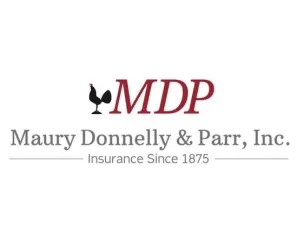By: Joseph M. Fiocco, Esq.
As of October 1, 2023, Maryland law now affords domestic partners similar exemptions from inheritance tax currently enjoyed by spouses. These updates also extend other beneficial spousal rights to domestic partners upon the death of one domestic partner.
Domestic partners can still obtain an inheritance tax exemption for an interest in a jointly owned primary residence by signing an affidavit acknowledging their relationship or providing proof of a joint obligation of the domestic partners (such as a mortgage). Now, domestic partners can be exempt from all inheritance tax by filing a Declaration of Domestic Partnership with the Register of Wills for the county in which they live. The declaration must state each domestic partner’s full name, address, and age, and must be signed and notarized. If one of the domestic partners was married previously, they must show the prior marriage was fully dissolved before filing the declaration. These developments mean domestic partners can now totally avoid the up to 11.11% inheritance tax on assets passing to a surviving domestic partner upon death.
Domestic partners who file a Declaration of Domestic Partnership with the Register of Wills now enjoy traditional statutory benefits limited to surviving spouses. Where a deceased domestic partner dies intestate (that is, without a will), the surviving domestic partner is entitled to the same share of the estate a surviving spouse would have. The surviving domestic partner of an intestate domestic partner would also have priority to be named the executor of the estate. The children of the intestate domestic partner share the same level of priority as the surviving domestic partner. If the parties don’t consent over who is to be appointed executor, the probate court will hold a hearing to settle the question.
Noticeably, the surviving domestic partner is not entitled to receive a statutory share against the will of the deceased domestic partner. Yet, a surviving domestic partner is entitled to receive the family allowance provided for under Maryland law. The family allowance provides for $10,000 for the surviving domestic partner’s personal use, and an additional $5,000 for each unmarried minor child.
Your estate planning attorney can help you navigate the implications your relationship status might have on your estate plan. If you are pondering a domestic partnership, consult with your estate planning attorney to ensure your estate plan reflects your vision for passing on your wealth.
If you would like to speak to an attorney about your estate planning needs, please contact Batoff Associates, P.A. at 410-864-6211.



